19 Nutrient-Packed Superfoods You Should Be Eating More Of
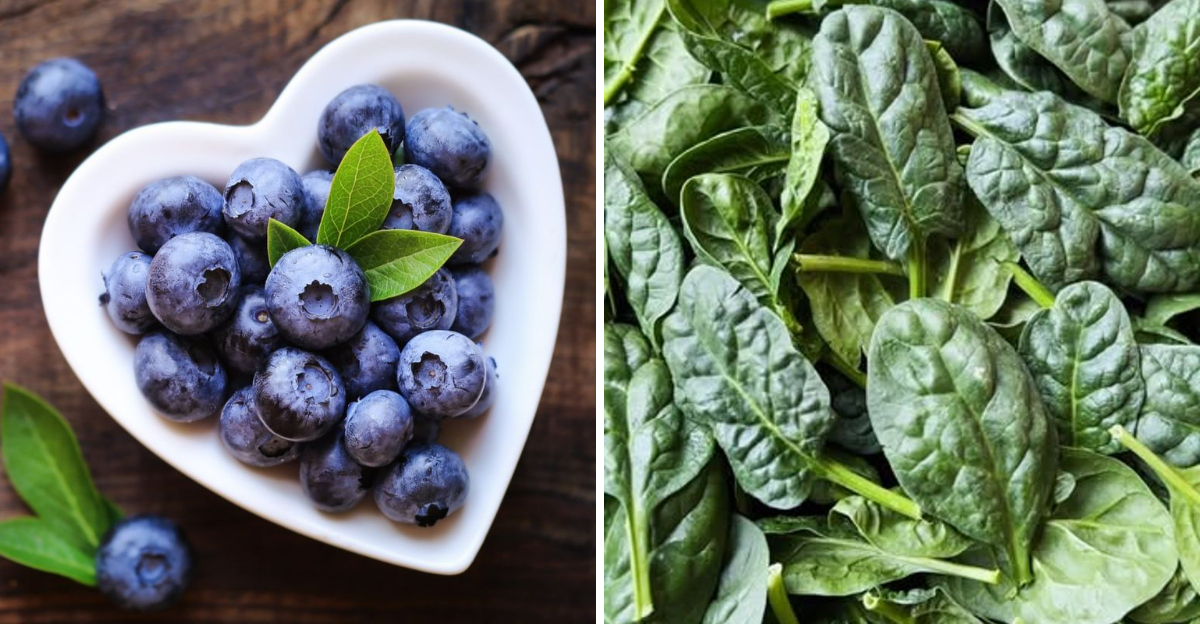
In the quest for a healthier lifestyle, incorporating nutrient-dense superfoods into your diet can provide essential vitamins, minerals, and antioxidants. These power-packed foods are not only delicious but also offer various health benefits. Let’s explore 19 superfoods that can enhance your wellbeing and invigorate your daily meals.
1. Blueberries
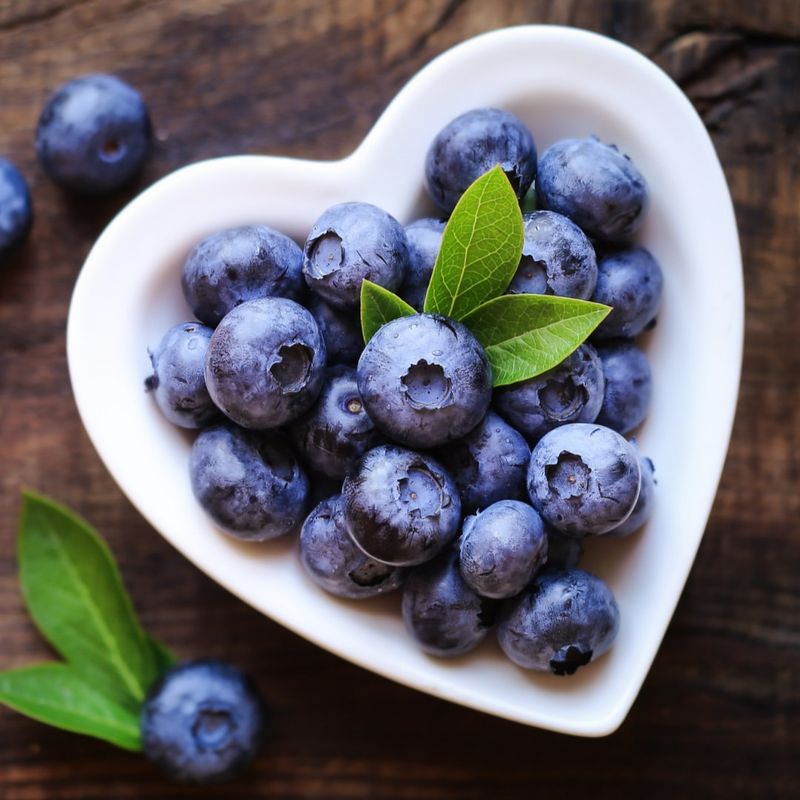
Blueberries are small, yet mighty berries packed with antioxidants, especially vitamin C and vitamin K. They help in boosting heart health and improving brain function.
Consuming blueberries regularly can aid in reducing the risk of heart disease and lowering blood pressure. These vibrant berries are a delightful addition to smoothies, oatmeal, and salads.
Their natural sweetness and tang make them a favorite among all age groups, and they are easy to incorporate into various recipes. Try freezing them for a refreshing snack on a hot day.
2. Spinach
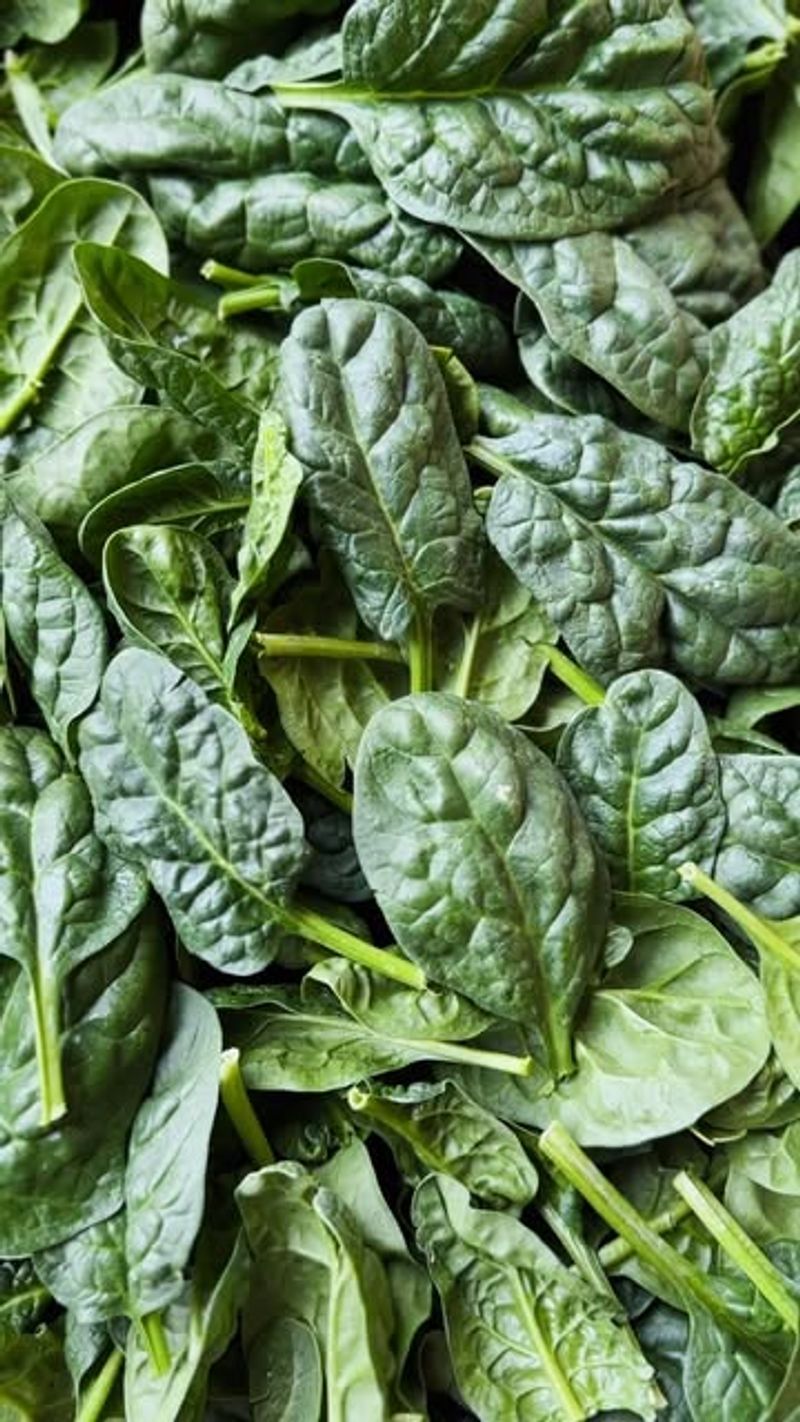
Spinach is a leafy green vegetable renowned for its high nutritional content. Rich in iron, calcium, and vitamins A and C, spinach supports bone health and boosts the immune system.
It’s incredibly versatile and can be added to smoothies, salads, and cooked dishes. Cooking spinach slightly enhances its iron absorption, making it beneficial in preventing anemia.
The mild flavor of spinach allows it to blend seamlessly with other ingredients, making it a staple in many cuisines. Consider adding it to your morning omelet or evening stir-fry.
3. Quinoa
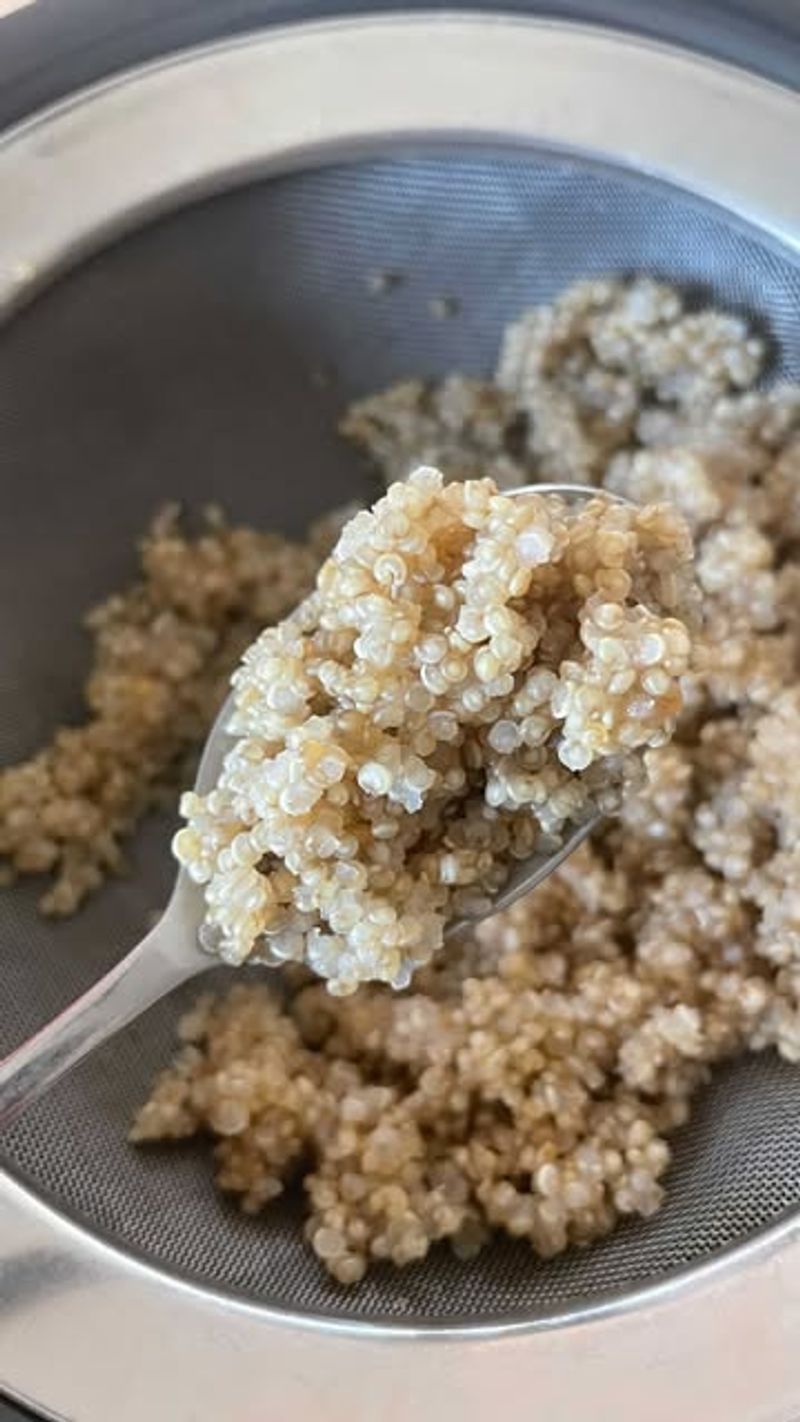
Quinoa is a gluten-free grain that’s rich in protein, fiber, and essential amino acids, making it a complete protein source. It’s a fantastic alternative to rice and pasta, suitable for those on a gluten-free diet.
Quinoa is easy to cook and can be used in a variety of dishes from salads to breakfast bowls. Its nutty flavor and fluffy texture make it a favorite in plant-based diets.
Incorporating quinoa into meals can aid in digestion and help manage weight due to its high fiber content. Experiment with it in soups or as a stuffing for vegetables.
4. Avocado
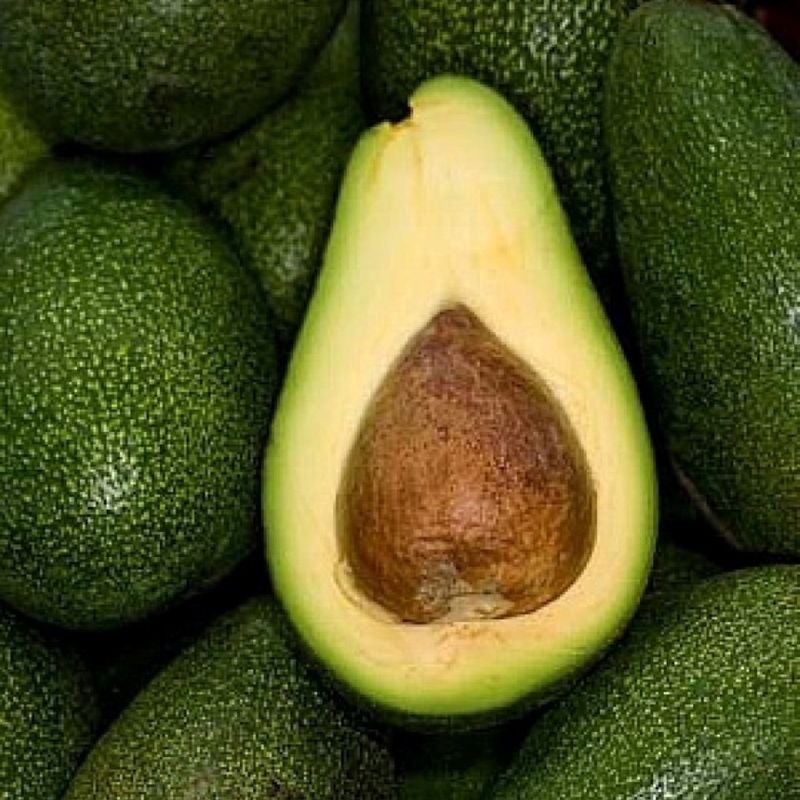
Avocados are creamy fruits rich in healthy fats, particularly monounsaturated fats, which help to improve heart health. They are loaded with vitamins E, C, and potassium.
Regular consumption of avocados can aid in lowering bad cholesterol levels and keeping skin hydrated. Their versatility allows them to be used in salads, toasts, and smoothies.
These green gems can also be mashed into guacamole or blended into dressings for added creaminess. The buttery texture of avocados makes them a beloved choice for many seeking a nutritious addition to their diet.
5. Chia Seeds
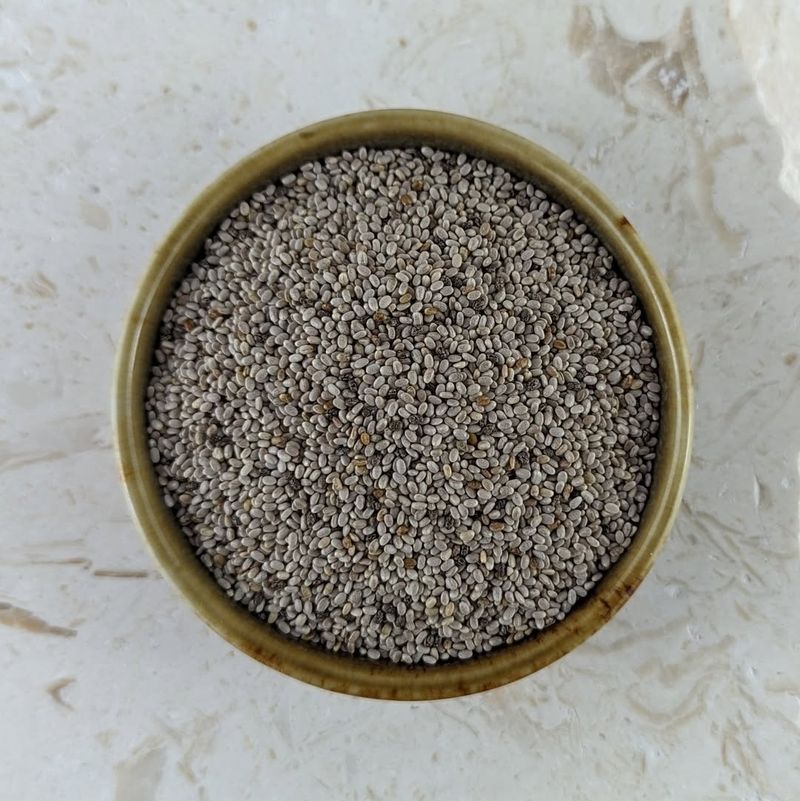
Chia seeds are tiny seeds that pack a nutritional punch with their high omega-3 fatty acids, fiber, and protein content. They are excellent for improving digestive health and stabilizing blood sugar levels.
When soaked in liquid, chia seeds form a gel-like substance that can be used in puddings and smoothies. This unique property makes them a popular ingredient in vegan cooking.
Their neutral flavor allows them to be added to various dishes without altering the taste. Try sprinkling chia seeds over yogurt or incorporating them into your morning cereal for a nutritional boost.
6. Broccoli
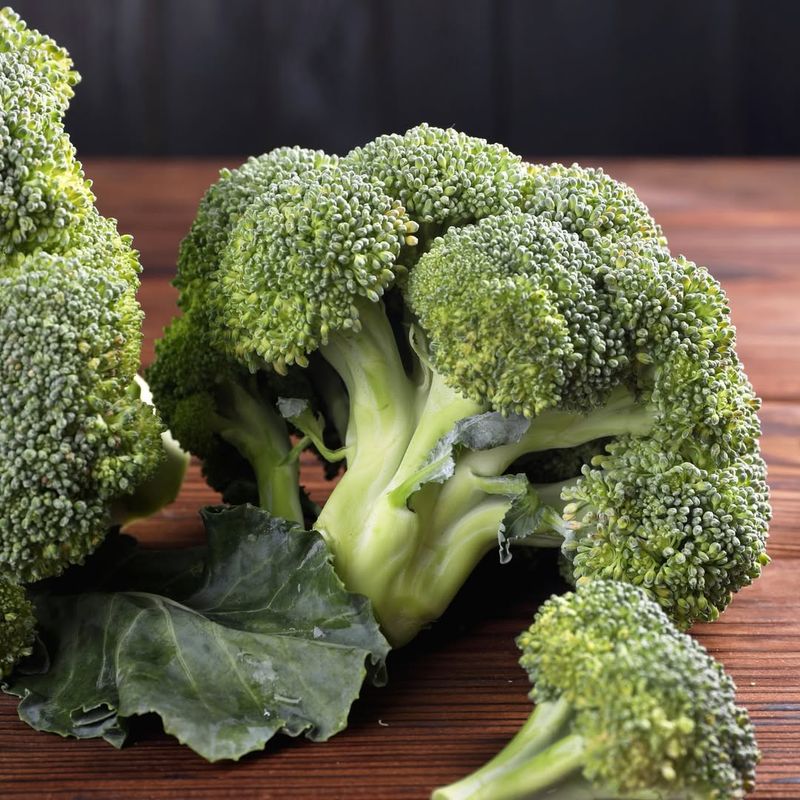
Broccoli is a cruciferous vegetable packed with vitamins C, K, and fiber. It’s known for its cancer-fighting properties and ability to improve bone health.
Steaming broccoli helps retain its nutrients, making it a healthy addition to any meal. Its robust texture and slightly bitter taste complement many dishes, from stir-fries to soups.
Including broccoli in your diet can aid in detoxification and support a healthy digestive system. Roasting it with garlic and olive oil brings out a lovely flavor that even kids might enjoy.
7. Sweet Potatoes

Sweet potatoes are root vegetables high in beta-carotene, vitamin A, and fiber. They support eye health and have anti-inflammatory properties.
The natural sweetness of sweet potatoes makes them a versatile ingredient in both sweet and savory dishes. They can be roasted, mashed, or even used in desserts.
These tubers are a great alternative to regular potatoes, providing more nutrients and a lower glycemic index. Try making sweet potato fries or a hearty sweet potato soup to enjoy their rich, creamy texture.
8. Almonds
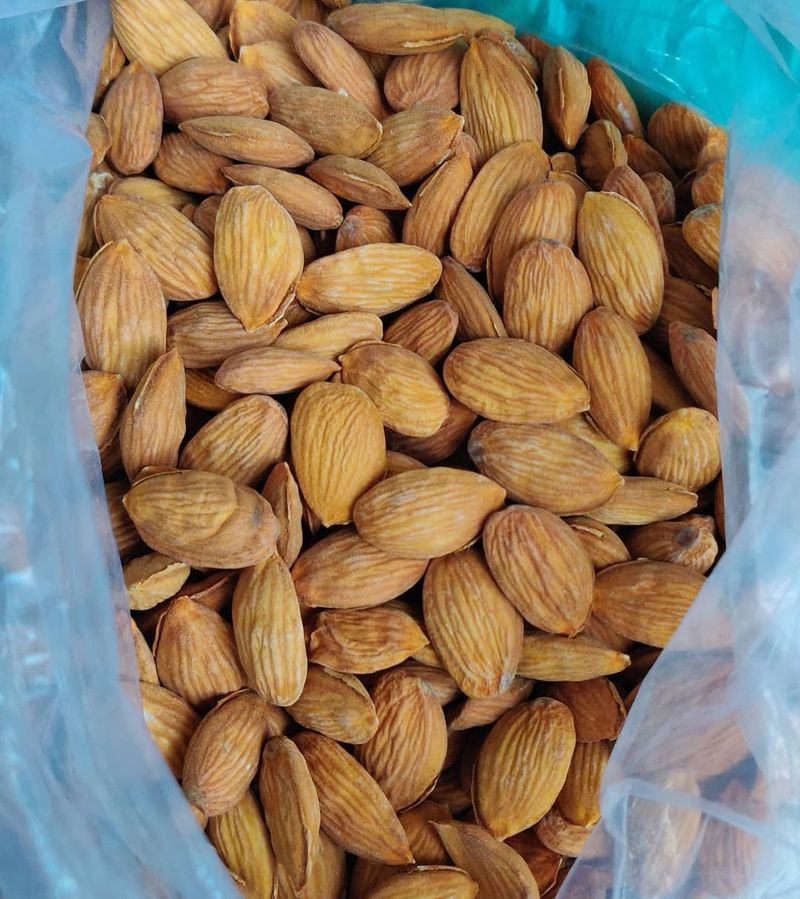
Almonds are nutrient-rich nuts known for their healthy fats, vitamin E, and magnesium. They support heart health and may aid in weight management.
A handful of almonds can provide a quick energy boost and make an excellent snack option. They can be incorporated into granola, trail mixes, or baked goods.
Almond milk is a popular dairy alternative, offering a creamy texture and nutty flavor. Including almonds in your diet can help improve skin health and reduce the risk of chronic diseases.
9. Kale
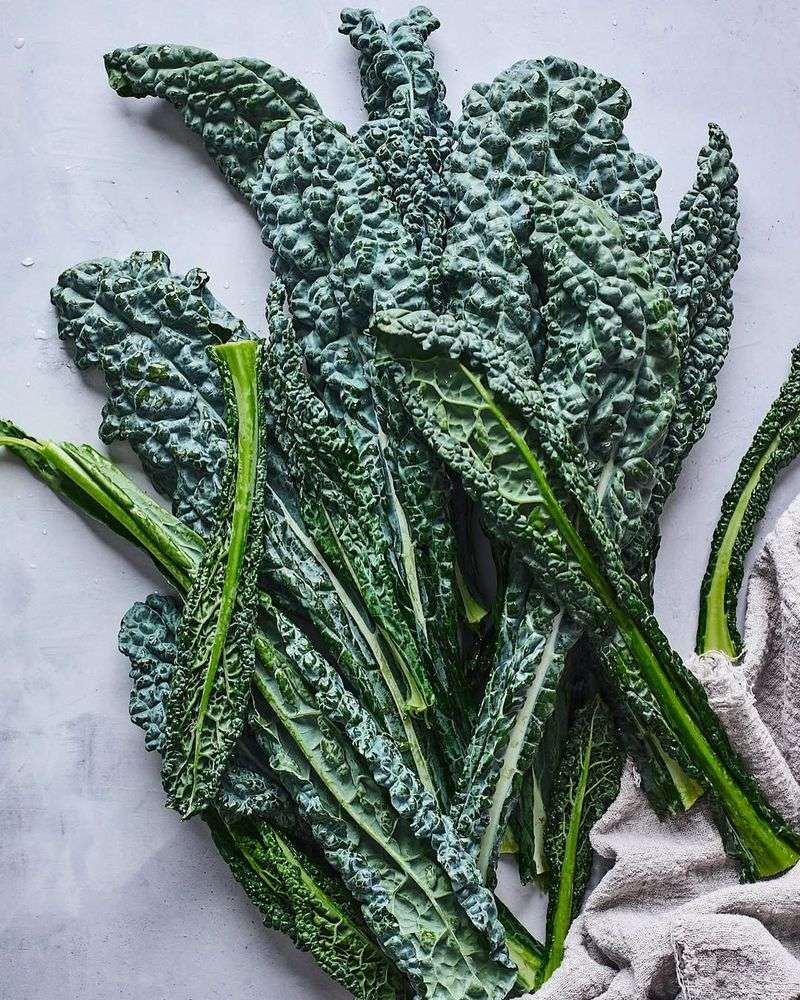
Kale is a green leafy vegetable celebrated for its high vitamin A, C, and K content. It promotes overall health by supporting immune function and strengthening bones.
This versatile green can be eaten raw in salads, blended into smoothies, or baked into crispy kale chips. Its slightly bitter taste pairs well with citrus dressings.
Adding kale to your diet can aid in detoxification and provide a rich source of antioxidants. Whether you choose to sauté it with garlic or add it to your favorite soup, kale is a nutritious addition to any meal.
10. Salmon

Salmon is a fatty fish rich in omega-3 fatty acids, which are vital for heart health and brain function. It also provides a good source of protein and vitamin D.
Regularly consuming salmon can help reduce inflammation and improve cholesterol levels. Its tender texture and rich flavor make it a favorite in many cuisines.
Whether grilled, baked, or smoked, salmon can be paired with a variety of sides for a complete meal. Try incorporating it into salads or enjoying it with a light lemon sauce for a refreshing taste.
11. Greek Yogurt

Greek yogurt is a creamy dairy product high in protein, calcium, and probiotics, beneficial for gut health. It aids in digestion and supports bone strength.
This versatile yogurt is thicker than regular yogurt, providing a satisfying texture while being lower in carbs. It’s a great base for smoothies or can be enjoyed with fruits and nuts.
Incorporating Greek yogurt into your meals can enhance the nutritional profile and add a tangy flavor. Use it as a substitute for sour cream or in dressings to enjoy its creamy goodness.
12. Walnuts
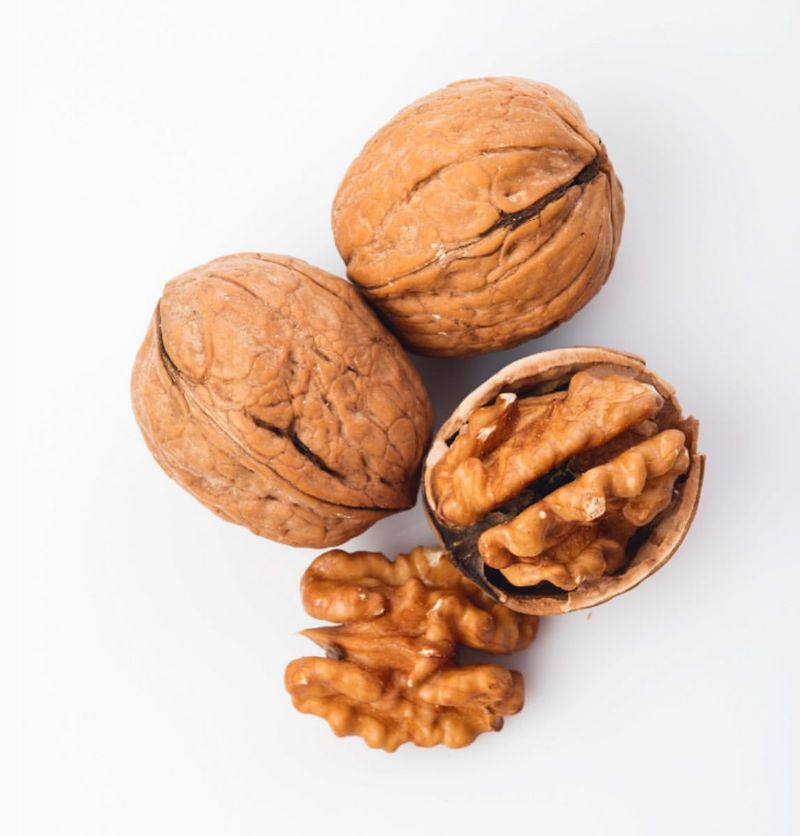
Walnuts are heart-healthy nuts rich in omega-3 fatty acids, antioxidants, and vitamins. They support brain health and may reduce the risk of heart disease.
Consuming walnuts can also aid in weight management due to their high protein and fiber content. They add a delightful crunch to salads, oatmeal, and baked goods.
Walnuts’ unique flavor complements both sweet and savory dishes, making them a versatile ingredient in the kitchen. Consider making a walnut pesto or adding them to your morning cereal for a nutritious boost.
13. Turmeric

Turmeric is a spice known for its anti-inflammatory properties and antioxidant content. Curcumin, its active ingredient, supports joint health and boosts immunity.
This vibrant yellow spice is commonly used in curries, soups, and teas, adding a warm flavor and color to dishes. Regular consumption can aid in reducing inflammation and improving brain function.
Incorporating turmeric into your diet can be as simple as sprinkling it over roasted vegetables or blending it into smoothies. Its earthy taste and health benefits make it a staple in many kitchens.
14. Garlic
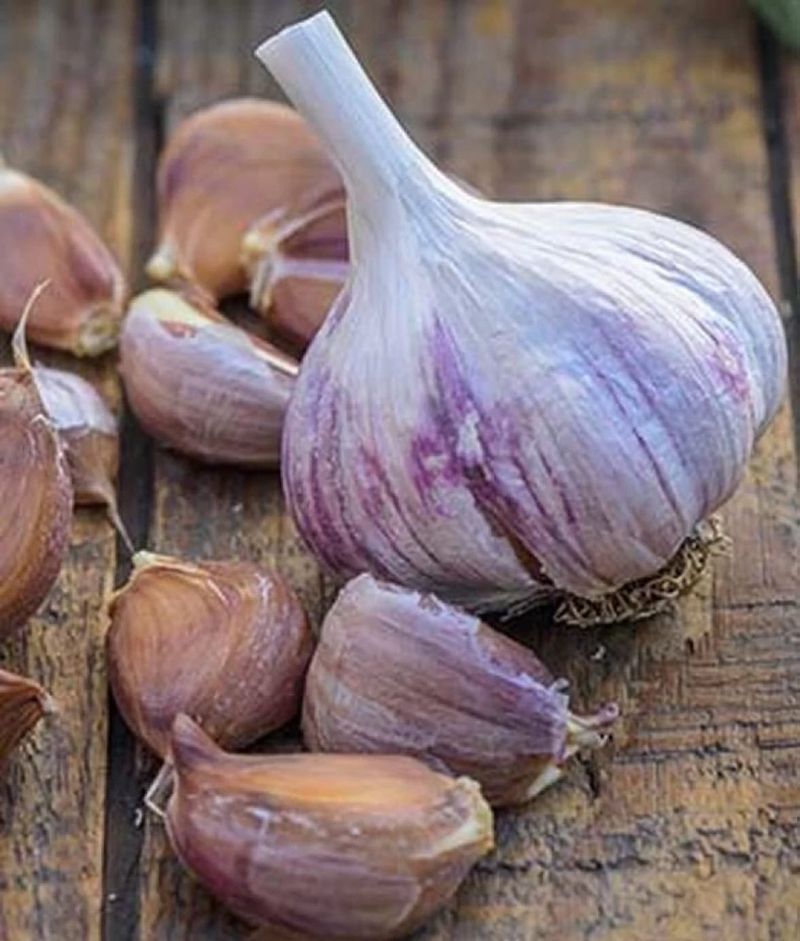
Garlic is a flavorful herb known for its antimicrobial properties and ability to support heart health. It contains allicin, a compound that may help lower cholesterol levels.
Adding garlic to your meals can enhance the flavor while providing numerous health benefits. It’s commonly used in sauces, marinades, and roasts.
Including garlic in your diet can also boost the immune system and improve circulation. Whether minced, sliced, or roasted, garlic offers a robust flavor that complements a variety of dishes.
15. Berries
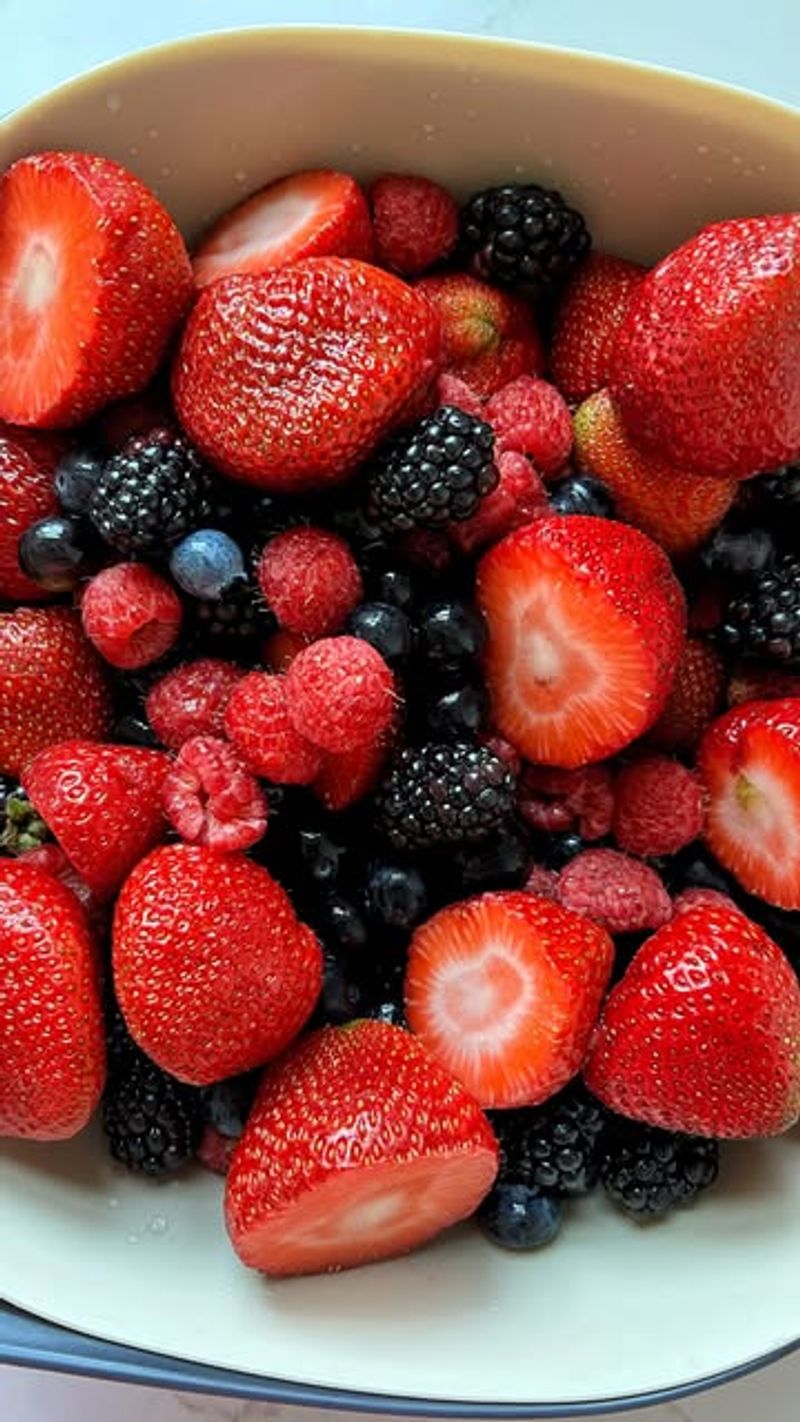
Berries, including strawberries, raspberries, and blackberries, are rich in antioxidants and vitamins. They support heart health and improve skin elasticity.
Their sweet and tart flavors make them a delightful addition to desserts, smoothies, and breakfast bowls. Berries are also known for their anti-inflammatory properties.
Consuming berries regularly can enhance cognitive function and reduce the risk of chronic diseases. These colorful fruits offer a burst of flavor and nutrition, making them a favorite in both sweet and savory recipes.
16. Oats
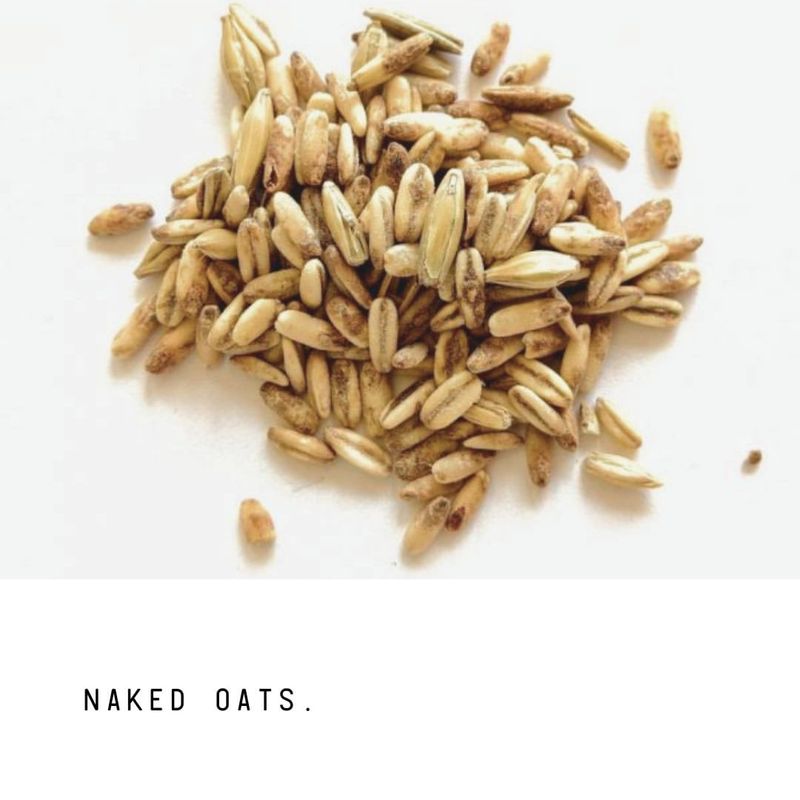
Oats are whole grains high in fiber and essential nutrients like magnesium and zinc. They support heart health by lowering cholesterol levels and improving digestion.
Oats are incredibly versatile, often used in breakfast dishes like oatmeal and granola bars. Their chewy texture and nutty flavor make them a comforting start to the day.
Including oats in your diet can aid in weight management and provide sustained energy. Try experimenting with overnight oats or adding them to your baking recipes for a healthy twist.
17. Lentils

Lentils are legumes rich in protein, fiber, and essential vitamins. They support heart health and help stabilize blood sugar levels.
Known for their earthy flavor, lentils are a staple in vegetarian and vegan diets. They can be used in soups, salads, and main courses.
Incorporating lentils into your meals can aid in digestion and provide a hearty source of plant-based protein. Try making a warm lentil stew or blending them into a spread for a nutritious meal option.
18. Dark Chocolate

Dark chocolate is a delectable treat loaded with antioxidants and minerals like iron and magnesium. It’s known to improve heart health and enhance mood.
Consuming dark chocolate in moderation can help reduce stress and boost brain function. Its rich, intense flavor makes it a luxurious addition to desserts or enjoyed on its own.
Including dark chocolate in your diet can be a delightful way to indulge while reaping health benefits. Consider pairing it with berries for a sophisticated treat or using it in baking recipes.
19. Green Tea

Green tea is a refreshing beverage high in antioxidants, particularly catechins, which support weight management and improve brain health.
Drinking green tea regularly can boost metabolism and provide a calming effect due to its lower caffeine content compared to coffee. It’s a soothing drink enjoyed hot or cold.
Incorporating green tea into your daily routine can enhance mental alertness and support overall health. Try adding a slice of lemon or a drizzle of honey for a flavorful twist to this classic tea.
